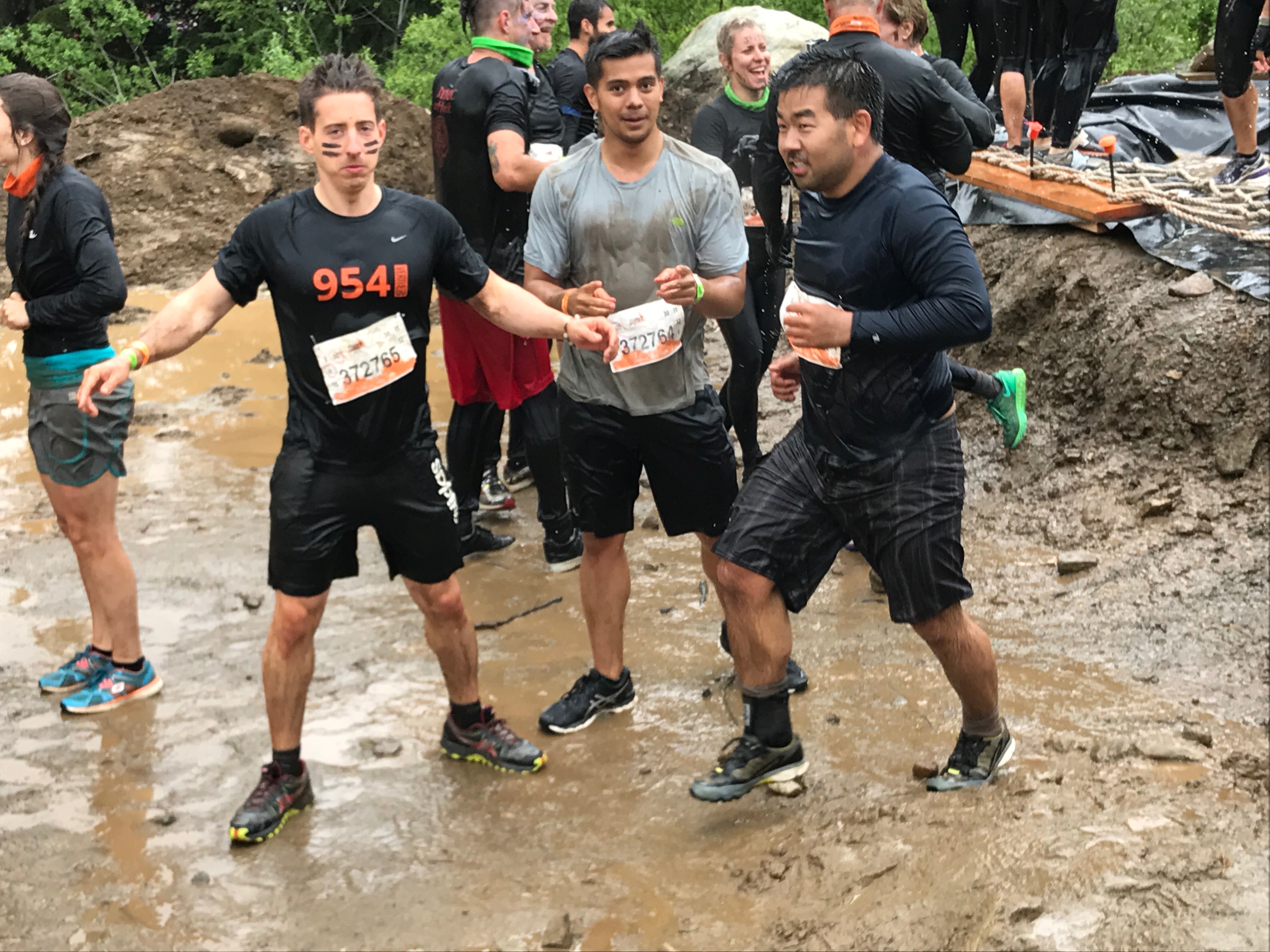“Inventing is a combination of brains and material. The more brains you use, the less material you need.” - Charles Kettering
🌀 MANTRAS
- ENJOY the STRUGGLE
- AMOR FATI: Love of Fate whatever that may be. The Obstacle is the way
- Every situation is what you make of it.
So make the most of it.
- Start wherever you are right now &
Do what you can with what you have.
- Existence has a rhythm of going between chaos and order.
Focus intensely when you need to but have fun with it
- Decided that you want it more than you fear it
📖 WORDS TO LIVE BY
"Weniger, Aber Besser" ("Less, But Better")
- Dieter Rams
"Strive not to be a person of success,
but a person of value."
- Einstein
"Before you can change the world around you,
you must learn to change the worlds within you."
- Merlin
"Wisdom is knowing I am nothing,
Love is knowing I am everything,
and between the two my life moves"
- Nisargadatta Maharaj
"You never change things by fighting the existing reality.
To change something,
build a new model that makes the existing model obsolete."
- Bucky Fuller
"If you are depressed, you are living in the past.
If you are anxious, you are living in the future.
If you are at peace, you are living in the present."
- Lao Tzu
"If you want 1 year of prosperity, grow grain.
If you want 10 years of prosperity, grow trees.
If you want 100 years of prosperity, grow people."
- Chinese Proverb
"Let go your earthly tether.
Enter the void.
Empty and become wind."
- Laghima
Eudaimonia Machine: Gallery (inspire) » Salon (form ideas) » Library (resources) » Office (shallows) » Chambers (deep)
Put more thought into your leisure time
What you study is more important than how you study
pain = information » knowledge that leads to action that leads to change that makes your life better
🔭 SCIENTIFIC METHOD
1. CHARACTERIZATIONS (formulate a question): observations, definitions, measurements of subject of inquiry
2. HYPOTHESIS: theoretical, hypothetical explanations of observations & measurements
3. PREDICTIONS: reasoning including logical deduction from the hypothesis or theory
4. EXPERIMENTS: tests of all the above
5. ANALYSIS: determine what test results show & deciding on next actions to take
LEARN
MUSE
DESIGN
SIMPLIFY
TOOLS :: The Knowledge: How to Rebuild the World From Scratch :: New Scientist :: Nature :: Aeon :: Hacker News :: Wired :: the Verge :: Gizmodo :: Io9 :: TechVibes :: MIT Tech Review :: MIT news :: Javascript Jabber :: Full Stack Radio :: Software Engineering Radio :: Developer Tea :: AI Topics in the News :: Diamandis: Abundance Insider :: Diamandis: Tech Blog :: Velocity :: Communitech :: Make: We are all Makers :: HackerRank :: Highline: Blog
 🤓 learn laugh live…
🤓 learn laugh live…